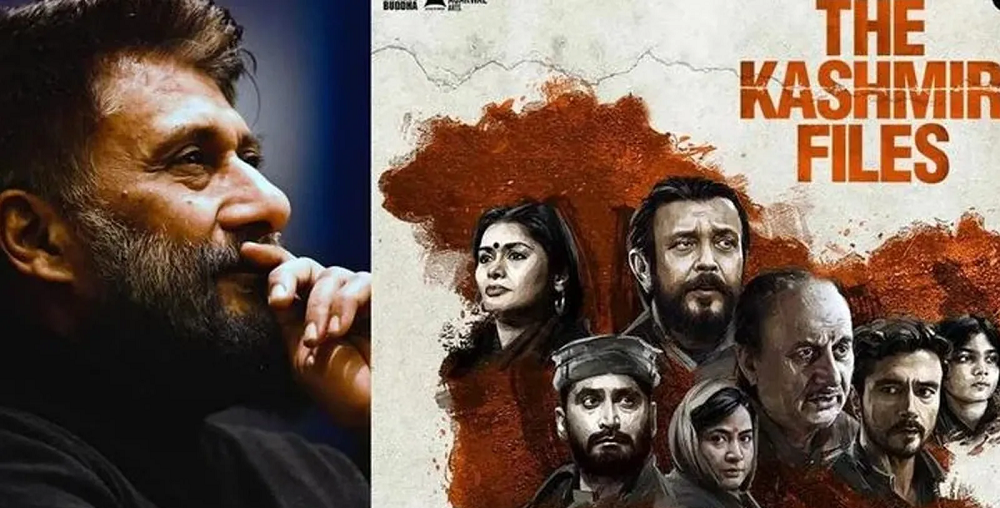 |
| The Kashmir Files |
Vivek Agnihotri, the Director, Producer & Writer of The Kashmir Files speaks to Stuti Sardana, exclusively for Organiser. Excerpts:
So far the response to your film, The Kashmir Files, has been phenomenal. Tell us why the film caught the imagination of the people?
The Kashmir Files is the first film of its kind, in the history of cinema in any part of the world, where a film is made on video testimonials of the first generation victims of the Kashmir Genocide. Their true stories are woven into one timeline, based upon facts.
International forums and media have either been silent on it, or they just promoted the propaganda all these years. How do they respond to this film?
After seeing this film the US Congressmen invited us for a Congressional reception at Capitol Hill. It was invited by the Harvard Club. It was invited by the topmost universities of the world. Everybody should feel proud that finally, what the Indian Government could not do in 70 years, was done by a film. When all the congressmen and senators actually acknowledged that it was indeed a genocide. On January 26 this year, on republic day, the film’s ad was displayed at the world’s most prestigious site The Times Square in New York. This film is being supported by 36 multi-ethnicity organizations. This film is not just a feature film, today it has become a soft power, it has become a diplomatic tool for India to show to the world how Kashmir Genocide was covered by International media.
You have taken a truly bold step of making a film that has the power to challenge and question the history that has been taught in so many years. What had inspired you?
I grew up in my ancestral house at Dhanora Village of Shahjahanpur District, Uttar Pradesh. We had nothing. Not even walls in our house. But my grandfather made us worship Goddess Saraswati and my father went on to become vice-chancellor and translated all Kalidas and Vedas. It’s because of Saraswati, I could make The Kashmir Files.
What’s your take on the abrogation of Article 370 in Kashmir by the current Government, which your film talks about dominantly?
All I can say is, this is the New India I dreamt of, where the disadvantaged Indians are empowered. And I am glad I am seeing this in my lifetime. When you have visionary and committed leadership, then the most disadvantaged get empowered. After the boldest decision of the abrogation of article 370, PM Narendra Modi and Home Minister Amit Shah have started the process of bonding hearts. I have no doubt that Kashmir will emerge as an example of humanity and oneness for the world to follow.
According to you, how fair it is to call this film a revolution?
The film is uniting India. It is so satisfying to see corporate India, start-up India buying tickets for all their employees. Where ever we go, people are crying and hugging us. Damaged people are saying that finally, they have a voice. Jews, blacks, yezdis all are crying and sharing the pain of Hindus. In states of the US and UK, it is heartening to see all Indians bonding in pain. What else is a revolution? The first time, everyone is calling it Genocide, instead of just an Exodus. According to me, acknowledging the Genocide is the first step towards justice.




















